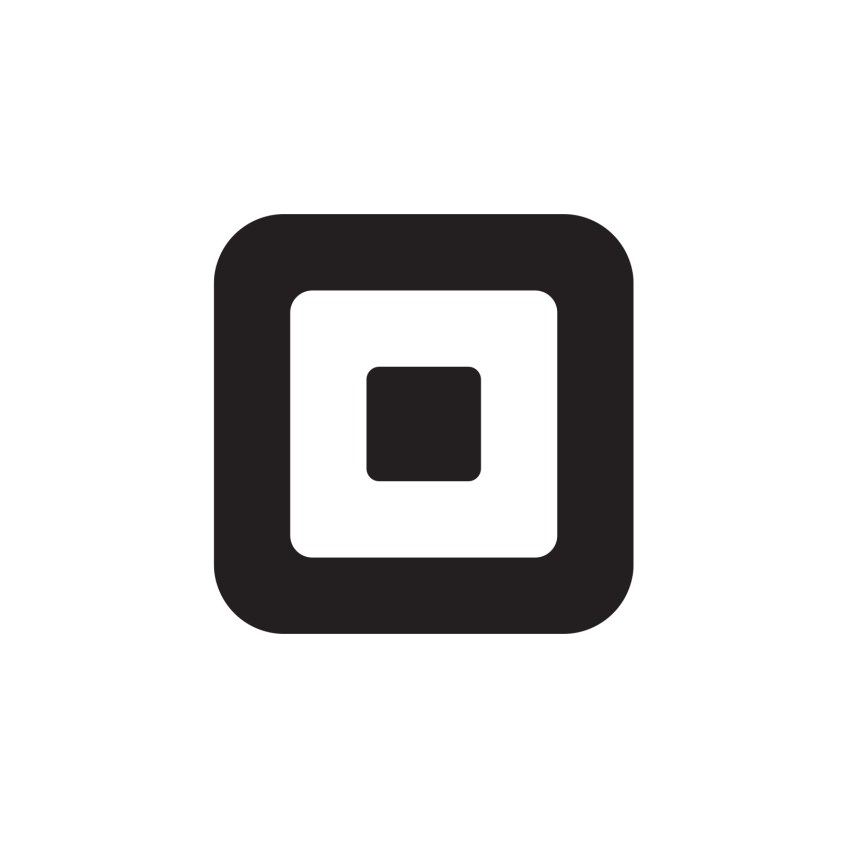
In today’s bustling marketplace, small businesses face the challenge of managing customer interactions whilst keeping sales ticking over efficiently. With a wealth of experience in retail and technology solutions, we’ve seen firsthand how the right tools can transform these challenges into opportunities for growth.
POS and Customer Relationship Management (CRM) systems are no longer just buzzwords; they are crucial in crafting a successful business recipe.
A surprising statistic reveals that integrating POS with CRM could elevate sales by up to 30% due to enhanced customer experiences. This figure underlines why it’s essential for small businesses to pay attention to this strategic alliance of technology –– one that promises not only increased revenue but also fosters lasting customer loyalty.
Let’s explore how these systems pave the way for building a thriving retail environment. Discover why savvy integration is vital!
Key Takeaways
- POS systems handle transactions and sales management, whilst CRM systems focus on customer relationships and interactions.
- Integrating POS with CRM can elevate sales by up to 30% due to improved customer experiences.
- Benefits of POS-CRM integration include comprehensive customer views, personalised marketing, improved customer service, efficient inventory management, and streamlined operations.
POS vs CRM: Understanding the Basics
A POS system processes transactions and manages sales, while a CRM system focuses on managing customer relationships and interactions. Both systems are essential for small businesses to streamline operations and improve customer service.
What is a POS system?
A POS system stands for a Point of Sale system. It’s like the brain of a shop where sales happen. This system lets you check out customers, take payments and print receipts. It keeps track of everything sold and can even help manage stock.
Modern POS systems are digital and can work on devices like computers, tablets or special terminals.
They make selling items quick and easy with barcode scanners, card readers, cash drawers and touch screens. POS software also collects data that stores use to understand what sells best.
This helps shops make better choices about what to stock up on. With cloud-based POS technology, all this information is safe online so that you can see it anywhere.
What is a CRM system?
Now, let’s talk about a CRM system. CRM stands for Customer Relationship Management. This tool helps businesses keep track of all their interactions with customers and potential buyers.
With a CRM system, you can save information like names, contact details, how they found your business, and what they buy. It makes it easy to see everything about your customer in one place.
A good CRM also lets you manage marketing campaigns based on what you know about your customers. You can send them special offers or news that they might like. By understanding the customer journey through analytics from the CRM software, businesses can make better decisions to grow and keep their customers happy.
The goal is to create strong ties with people who buy from you by using data-driven insights into their needs and behaviours.
Benefits of POS-CRM Integration
POS-CRM integration offers a comprehensive customer view, personalised marketing, improved customer service, efficient inventory management and streamlined operations.
Comprehensive customer view
Having a comprehensive customer view is like having a superpower for your business. Imagine knowing everything about your customers—their likes, dislikes, what they have bought before, and even when they are most likely to buy again.
This is possible when you combine point-of-sale (POS) systems and customer relationship management (CRM) tools.
These systems collect data from every touchpoint—whether in the shop at the checkout or online through social media and e-commerce solutions. This means you can see all aspects of customer interactions.
With this complete picture, you can make smarter decisions on how to serve them better. It also helps create personalised marketing strategies that directly target customer segments based on their purchase history and behaviour.
Personalised marketing
With a complete view of customers, businesses can create personalised marketing campaigns. These particular messages talk directly to each customer’s likes and needs. Imagine getting emails or text messages from your favourite store that show items you love! That’s personalised marketing in action.
Businesses use customer data to figure out what people want to buy. Then they send offers and news about those things to customers. This way, shops make sure their customers feel meaningful and happy.
Happy customers might tell their friends about the store or return more often, which is excellent for business!
Improved customer service
After crafting personalised marketing strategies, boosting your customer service is next. A combined POS and CRM system does just that by giving your team quick access to customer data.
This means they can help customers faster and more effectively. For example, if a customer has a question about their past purchases or wants to return an item, the staff can pull up their information with a few clicks.
Better service also comes from knowing what your customers like and need. With this system, you can track buying habits and preferences. This way, you can suggest products that fit what they’re looking for or even offer special deals based on their history with your store.
Happy customers often come back and tell others about their great experiences, helping you grow your business through word of mouth.
Efficient inventory management
Excellent customer service and smart inventory management go hand in hand. Inventory is vital to a retail store’s success. It decides what you sell, when, and how much money you make.
A sound POS system keeps track of every item as soon as it arrives. You will know which products are hot sellers and which stay on the shelf too long.
Using this info helps avoid stockouts and cuts down on wasted space. Say goodbye to guessing games about when to order more or cut back. Retail management systems take care of that for you by using sales data.
This means your shop always has just enough – not too little or too much. Smart tech ensures customers find what they need whenever they walk into your store or visit online.
Streamlined operations
Streamlined operations mean your business runs smoother and faster. With POS and CRM systems working together, you avoid wasting time on manual tasks. Sales data flows into your CRM, so you always know what’s happening.
This setup helps you keep track of stock, which means no more guesswork or missing out on sales because something is out of stock.
Your team serves customers better without having to hunt for information. They can access customer preferences and past purchases at the POS terminal. This makes it quick to suggest upsell items that customers might like.
Next, we’ll explore how these smart systems can take small businesses to new heights with top POS and CRM options tailored just for them.
Bringing POS and CRM Together: How it Empowers Small Businesses
Bringing POS and CRM systems together empowers small businesses by providing streamlined operations, improved customer service, growth opportunities through personalised marketing, efficient inventory management, and better privacy and consent preferences management.
Streamlined operations and data-driven insights
Integrating POS and CRM systems can streamline your business operations, making tasks quicker and more efficient. You can make informed decisions to drive your business forward with data-driven insights from these integrated systems.
You can easily manage operations by automating processes and having all customer information in one place.
Data-driven insights give you a clear picture of customer preferences and buying patterns. This allows for targeted marketing strategies that resonate with your customers, ultimately boosting sales.
Improved customer service and loyalty
Businesses can enhance customer service and build loyalty when operations are streamlined and data-driven insights are utilised. By integrating POS and CRM systems, businesses can gain a comprehensive view of their customers, allowing them to provide personalised experiences.
This personalisation leads to improved customer satisfaction, ultimately fostering greater loyalty. Furthermore, efficient inventory management ensures that products are readily available for customers, contributing to a seamless shopping experience.
Businesses can use this enhanced service to create lasting relationships with their clientele.
Growth opportunities through personalised marketing
Small businesses can capitalise on growth opportunities through personalised marketing by integrating POS and CRM systems. With a comprehensive customer view provided by the integration, businesses can create targeted marketing campaigns based on individual preferences and purchasing behaviour.
This tailored approach fosters stronger customer relationships, enhances brand loyalty, and drives sales. Through automated tools and data-driven insights, businesses can identify opportunities for cross-selling or upselling to maximise revenue potential.
Moreover, by capturing customer information such as contact details and purchase history, businesses can execute effective email marketing, text messaging, and direct mail campaigns while ensuring compliance with privacy regulations.
Efficient inventory management and multi-channel experience
Integrating inventory management with a multi-channel experience enables businesses to track and control stock levels across various sales channels efficiently. This ensures that the right products are available at the right time, minimising stockouts and overstock situations, ultimately improving customer satisfaction and increasing sales.
With streamlined inventory management, businesses can optimise their supply chain processes, reduce carrying costs, and make better-informed decisions about purchasing and stocking products.
Moreover, businesses can enhance customer engagement and drive higher conversion rates by providing a seamless shopping experience across multiple channels, such as online stores, brick-and-mortar shops, and social media platforms.
Efficient inventory management combined with a multi-channel experience empowers small businesses to adapt quickly to changing market demands while delivering consistent service quality across all touchpoints.
Conclusion
In conclusion, POS and CRM connection is vital for small businesses. It empowers them with streamlined operations, improved customer service, and personalised marketing.
These practical strategies are easy to implement and efficiently impact business growth. Small businesses can significantly improve their operations and customer relationships by adopting these approaches.
Best POS software











